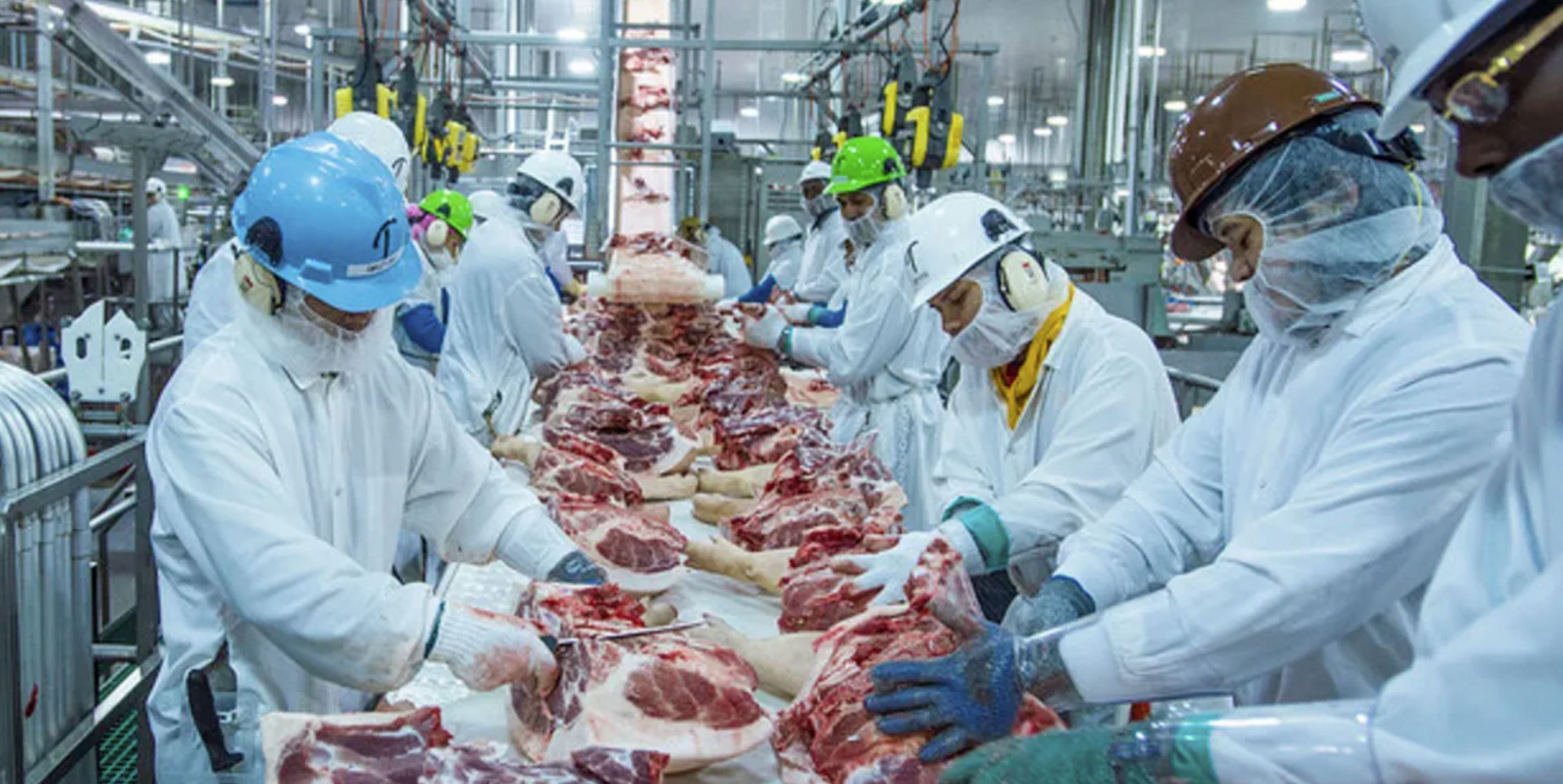"Food security is national security."
By Brandon Moseley
U.S. Senator Tommy Tuberville (R-Alabama) introduced the Foreign Adversary Risk Management (FARM) Act to bolster the U.S. agriculture industry’s role on Foreign Investment in the United States (CFIUS), the governmental body that oversees the vetting process of foreign investment and acquisition of American companies.
U.S. Representative Ronny Jackson (R-Texas), a member of the House Foreign Affairs Committee, and U.S. Representative Filemon Vela (D-Texas), a member of the House Agriculture Committee, introduced the companion legislation in the U.S. House of Representatives.
“The pandemic has underscored the critical contributions of our farmers, ranchers, and agriculture community to ensure our country remains food secure even in the face of unprecedented times,” said Tuberville. “Food security is national security, which is why the agriculture industry needs a seat at the table for the foreign investment vetting process. By adding agricultural supply chains as a covered transaction for CFIUS review, we can safeguard our food supply chains and agriculture industry from bad actors.”
“Foreign interference in America’s agriculture supply chain poses a serious national security threat, especially given that the worst proponent is the Chinese Communist Party,” said Jackson. “I represent the top-rated agriculture district in Texas, so protecting this vital industry and its overarching supply chains will always be among my top priorities in Congress. Our adversaries are working overtime to undermine American interests, and the FARM Act will be an important step to secure America’s food supply by identifying and responding to inappropriate interference.”
“Our food systems are vital to our national security, and we must be vigilant to preserve their integrity,” added Bela. “As we saw following the pandemic, food processing plants were forced to close and shipping routes for agricultural inputs were delayed. It disrupted the supply chains farmers use to get products from the farm to consumers, which contributed to declining food security in the United States. This bill increases federal scrutiny of foreign investments in U.S. industry that could undermine our agricultural supply chains by adding the Secretary of Agriculture to CFIUS and designating agricultural supply chains as key infrastructure under the CFIUS review process.”
The Committee on Foreign Investment in the United States (CFIUS) is authorized to oversee and review foreign investment and ownership in domestic businesses, as it relates to national security. Currently, the Committee does not directly consider the needs of the agriculture industry when reviewing foreign investment and ownership in domestic businesses. The FARM Act would ensure CFIUS acknowledges the importance of the nation’s agricultural industry and agricultural supply chains for safe and secure food supplies.
Foreign investment in the agriculture has grown substantially in the last decade. Swift, one of the nation’s largest meatpackers, was purchased in 2009 by the Brazilian meatpacking conglomerate JBS to form the largest meatpacker in the world. A Chinese Company paid $4.7 billion to buy Smithfield Foods, America’s largest pork producer and packer.
Some in the farming community have questioned if this growing integration has benefited farmers and if this played a role in some of the supply chain disruptions that the nation experienced early in the COVID-19 pandemic. At that time, packing plants slowed to a crawl as workers in the massive processing plants contracted COVID. Consumer retail prices soared, and some farmers were unable to find buyers for their livestock. That led to then President Donald J. Trump’s July 9, 2021 presidential executive order “protecting and promoting competition in the American Economy” that specifically highlighted the unprecedented concentration in the beef packing industry.
Tuberville was elected to the U.S. Senate in 2020.










